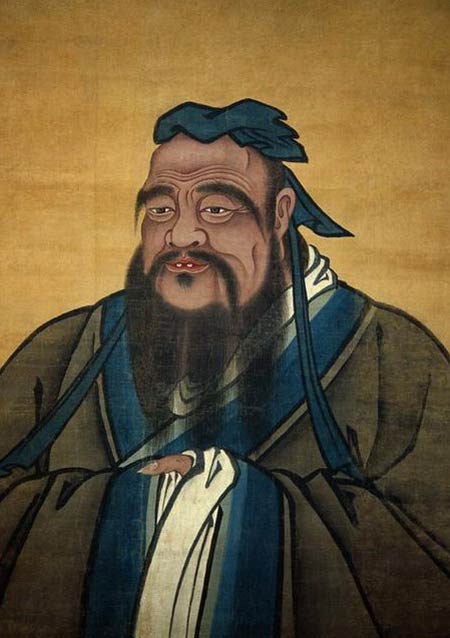
Thomas Aquinas in the West, and there is little doubt that except for Kongzi and Dong Zhongshu, no one has been more important in defining the course of the Confucian tradition. If the classical Confucians - Kongzi, Mengzi, and Xunzi - defended the learning of the sages during the Spring and Autumn and Warring States periods of the late Zhou dynasty, the Song (960-1279 C.E.), Yuan (1279-1368 C.E.), and Ming (1368-1644 C.E.) dynasty Confucian masters did the same in countering the challenges of Taoism and Buddhism in their own age.Īmong these latter-day Confucians, none was more influential than Zhu Xi.

It also was in this form that Confucianism played what the pre-modern Chinese saw as its civilizing role in Vietnam, Korea, and Japan. Zhu's lixue ("Learning of the Cosmic Principle") and Wang's xinxue ("Learning of the Heart-Mind") each contributed to what became known as daoxue ("Learning of the Way"), the form of Confucianism that most influenced all East Asian cultures during the second millennium C.E. The Ming dynasty Confucian Wang Yangming (1472-1529 C.E.) introduced the idea of "true knowing" - an intuitive awareness of cosmic principles attained through self-cultivation.

The Song dynasty Confucian Zhu Xi (1130-1200 C.E.), known as the creator of "Neo-Confucianism," developed an interpretation that unified human nature with cosmic principles such as the dynamic, complementary interplay of yin and yang, the unfolding of cosmic pattern ( li) in the human heart-mind, and the cycles of transformation described in texts such as the Yijing. There were few regional differences in Confucianism, but specific interpretations changed periodically.


 0 kommentar(er)
0 kommentar(er)
